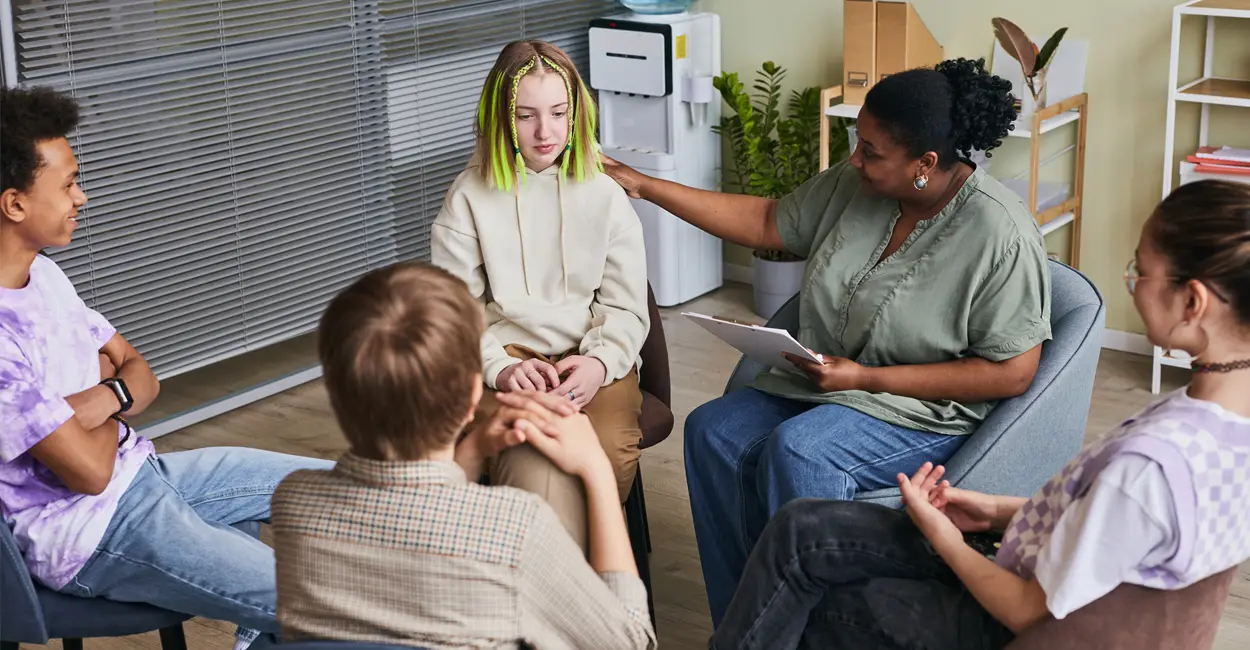24/7 Helpline:
(866) 899-221924/7 Helpline:
(866) 899-2219
Learn more about Medication-assisted Treatment centers in Union County

Other Insurance Options

Medical Mutual of Ohio

MVP Healthcare

Health Choice

Horizon Healthcare Service

BlueCross

BlueShield

Excellus

Holman Group

Optum

Choice Care Network

Absolute Total Care

Sliding scale payment assistance

Meritain

Cigna

Self-pay options

ComPsych

Private insurance

UnitedHealth Group

Providence

Sutter

Oxford Treatment Center
Oxford Treatment Center, in Etta, Mississippi, is a luxury, 12 step focused drug and alcohol rehab f...










































